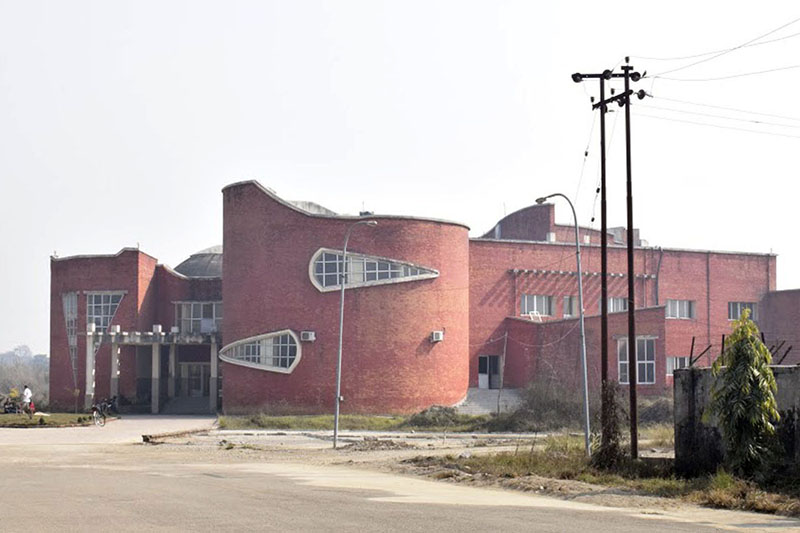Government to review rent in Bhairahawa SEZ again
Kathmandu, January 16
The government is preparing to review the rental fee for factories operating from the Bhairahawa Special Economic Zone (SEZ) to lure industries inside the government protected area.
The Ministry of Industry, Commerce and Supplies (MoICS) has formed a committee under the coordination of its Joint Secretary Sovakanta Poudyal, to study and review rental fee in Bhairahawa SEZ after the zone witnessed lukewarm response from the private sector despite numerous facilities being offered by the government to industries within the protected area.
The issue of high rental fee tops some of the issues raised by the private sector that they say is discouraging industrialists from setting up factories inside the Bhairahawa SEZ.
Initially, the government had set Rs 150 per square metre as the monthly rental charge for industries inside the Bhairahawa SEZ. However, the government had reduced the fee to Rs 20 per square metre in April 2016 following criticism from the private sector that the earlier rental charge was uncompetitive. Meanwhile, the government is preparing to reduce the rental charge further after the private sector continues to be reluctant to set up industries inside the Bhairahawa SEZ and have been saying the fee is still high compared to different countries.
“We have already started the scientific study regarding the rental fee inside Bhairahawa SEZ. The fee will be reviewed if it is uncompetitive compared to what is practised by other countries,” said Poudyal.
Though established with the prime objective to promote export-oriented industries and boost the country’s exports, the Bhairahawa SEZ has not been able to attract investors significantly.
Initially, industries inside SEZs were required to export 75 per cent of their production. However, the government later relaxed this provision for industries to 60 per cent after industries inside the SEZ expressed their inability to comply with the export provision. Meanwhile, the government is also likely to further slash the mandatory export provision in the near future as a few MoICS officials have said it is quite high.






